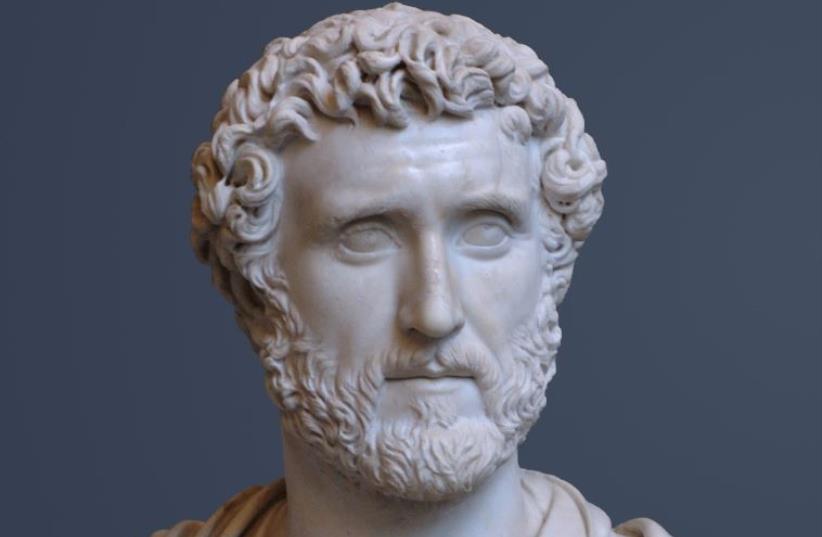The death of Antoninus Pius, one of the Five Good Emperors of Rome, marks the end of an era characterized by stability, prosperity, and relative peace within the Roman Empire. Antoninus Pius, who ruled from 138 to 161 AD, was renowned for his benevolent governance and dedication to maintaining the status quo established by his predecessor, Emperor Hadrian. However, despite his advanced age and reputation for good health, Antoninus Pius's passing was inevitable, and the circumstances surrounding his death offer a glimpse into the fragility of life, even for the most powerful individuals of antiquity.
Antoninus Pius was in his 70s when he ascended to the imperial throne, succeeding Hadrian, who had adopted him as his heir. During his reign, Antoninus Pius prioritized administrative efficiency and fiscal responsibility, implementing prudent policies to ensure the empire's continued prosperity. He was known for his aversion to military conflict, preferring diplomacy and negotiation to resolve disputes with foreign powers.
As Antoninus Pius entered his final years, concerns about his succession arose. Unlike his predecessors, who had groomed heirs from within their own family, Antoninus Pius lacked a natural successor. In an unprecedented move, he adopted Marcus Aurelius and Lucius Verus, two promising young men from prominent Roman families, as his co-emperors and designated heirs.
Despite his advanced age, Antoninus Pius remained active in governance, overseeing the administration of the empire and mentoring his adopted sons in the art of statesmanship. However, as the years passed, his health began to decline, and rumors of his imminent demise circulated among the Roman elite.
The exact circumstances of Antoninus Pius's death are not well-documented, and historical accounts vary in their details. According to some sources, he died of natural causes in his sleep at his villa near Rome, surrounded by his closest advisors and family members. Other accounts suggest that he succumbed to a sudden illness or complications from old age.
Regardless of the specifics, Antoninus Pius's death marked the end of an era of stability and prosperity within the Roman Empire. His passing ushered in a period of uncertainty and transition, as power passed to his adopted sons, Marcus Aurelius and Lucius Verus, who would face significant challenges during their joint reign.
In the years following his death, Antoninus Pius was remembered as a wise and just ruler, praised for his dedication to the welfare of his subjects and his commitment to upholding the principles of Roman governance. His legacy endured through the reigns of his successors, serving as a reminder of the virtues of moderation, prudence, and benevolence in leadership.
While the exact circumstances of Antoninus Pius's death remain shrouded in mystery, his passing marked the end of a golden age in Roman history. His legacy as one of the Five Good Emperors endures as a testament to the virtues of enlightened rule and the enduring power of good governance.




